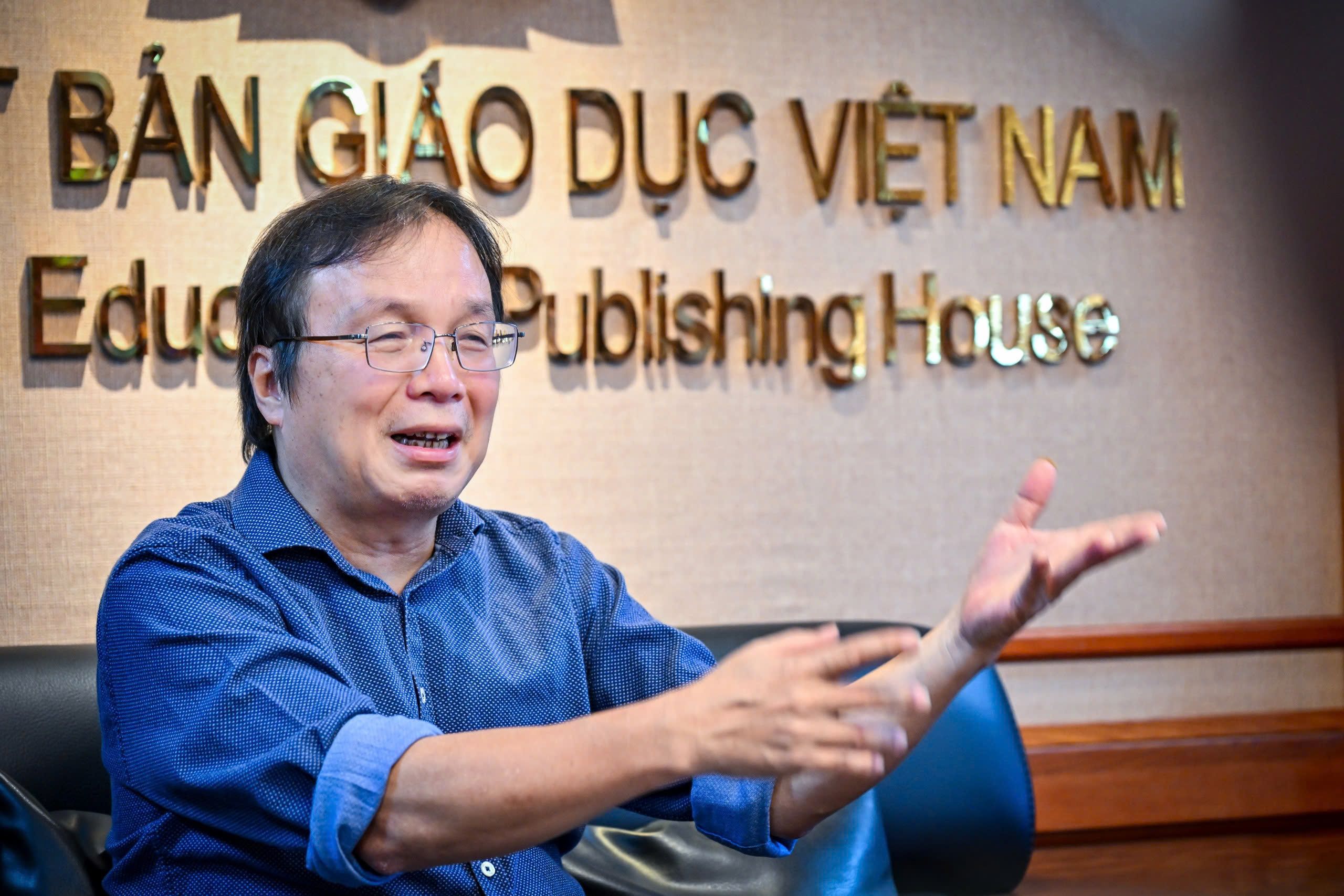
Dialogue with journalist Nguyen Tien Thanh
Journalism needs to "sell" perspectives and stories instead of news.
The conversation begins with the character's comment: Newspapers have now transformed from a marketable product to a service stage…
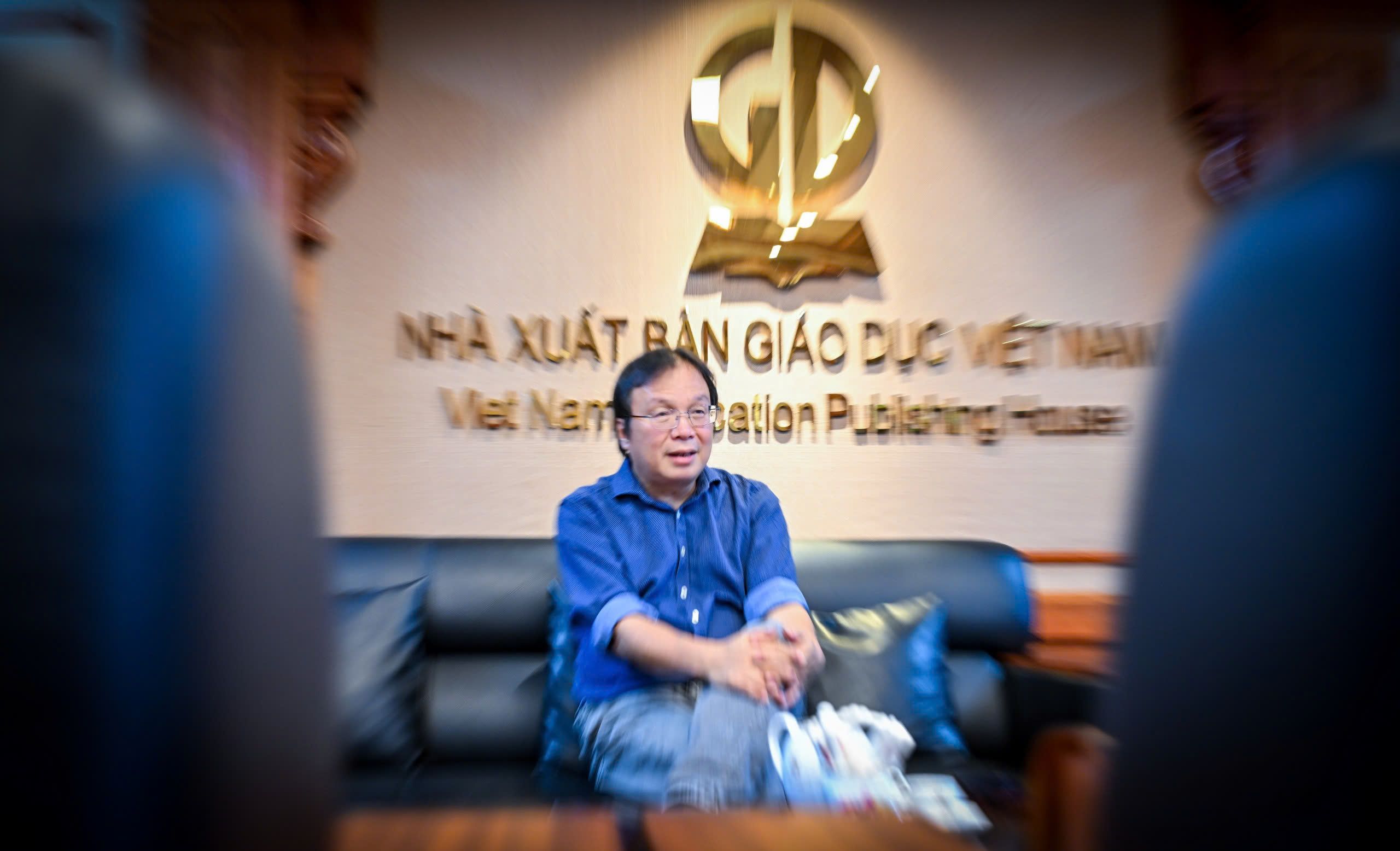
Journalist and poet Nguyen Tien Thanh. (Photo: THANH DAT)
The time of... magazines
PV: First, let's start with an opinion that attracted a lot of attention at the 2019 National Press Conference. At that time, when you were still the Editor-in-Chief of the Life and Law Newspaper, you mentioned the point of view: To compete with social networks, the press must "sell" perspectives and opinions, instead of news?
Journalist Nguyen Tien Thanh: In 2019, I put forward this point of view in a paper entitled Time of the magazine with two goals: To determine the next path of the newspaper Life and Law; and also to shock the spirit of reporters and editors. Because at that time, we were the pioneer unit to voluntarily convert into a magazine.
In that article, I argued that, nowadays, the press is no longer the sole media channel as before, but is facing great pressure from social networks with overwhelming advantages in terms of spread and interactivity. The concept of news that we are used to with 5W, 1H (who, what, where, when…) is gradually becoming obsolete.
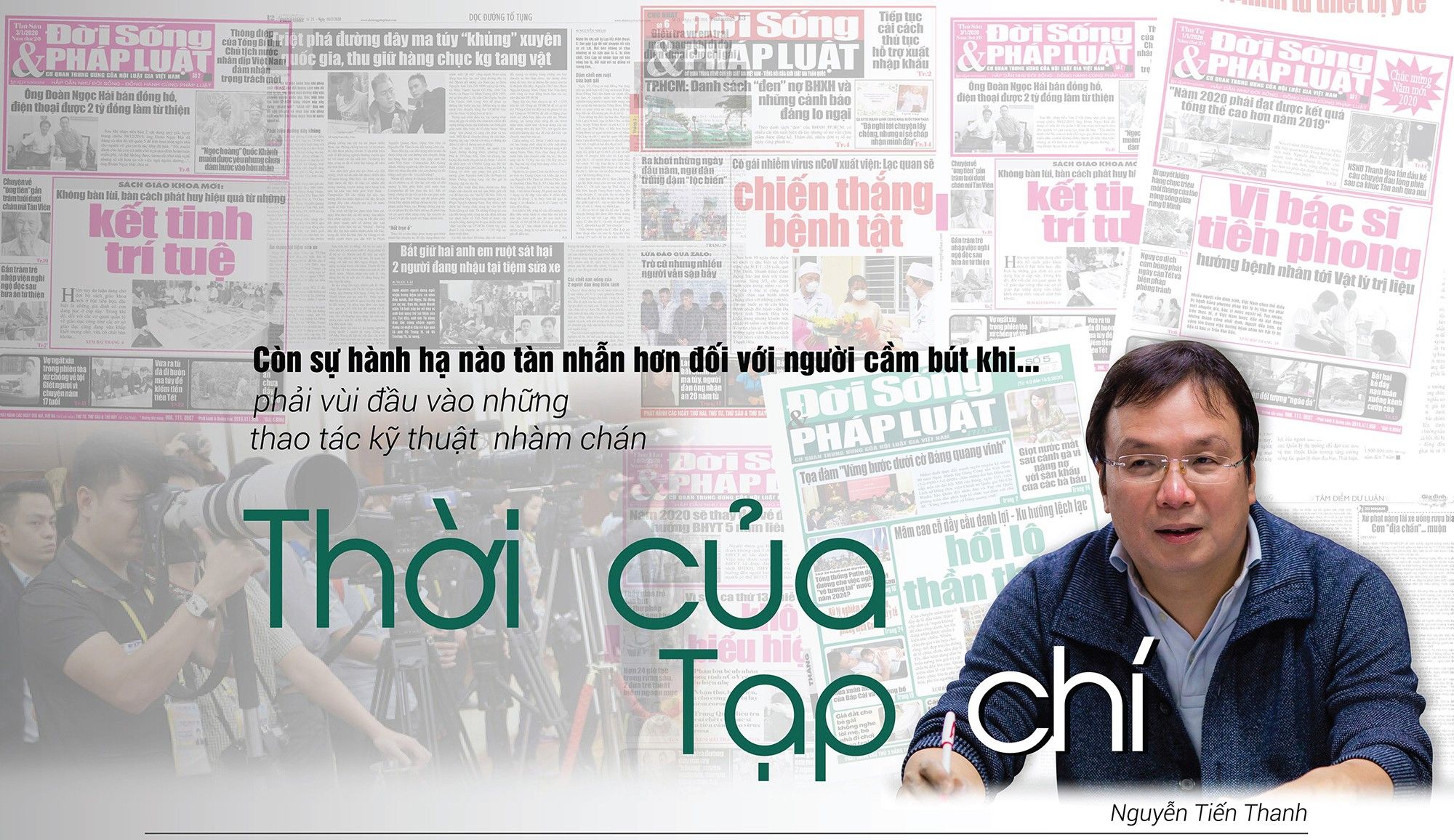
The article Thoi of the magazine was first published by journalist Nguyen Tien Thanh on Nguoi Dua Tin Newspaper in 2019.
Therefore, to reach readers, the press must provide news that is different from before. Instead of reflecting, the press must be creative. And journalists must provide more interesting perspectives and viewpoints than netizens - most of whom are spontaneous and amateur news providers. From that, I believe that, globally, modern journalism is and needs to gradually shift to the trend of magazineization: Selling perspectives and viewpoints instead of selling news.
PV: Does that mean journalism must go beyond social media, like the theory “beyond the social media”?
Journalist Nguyen Tien Thanh: First, I think: The press needs to change to adapt to the new era; in which it needs to find ways to survive and develop to remain an important communication channel, with the ability to orient and lead social information.
Social networks have the advantage of great interaction with users; but in it is a pool of information, mixed with both trash and pearls. Therefore, the role of the press needs to demonstrate the role of verifying accurate information; how social networks must rely on the press to verify; on that basis, create trust for users.
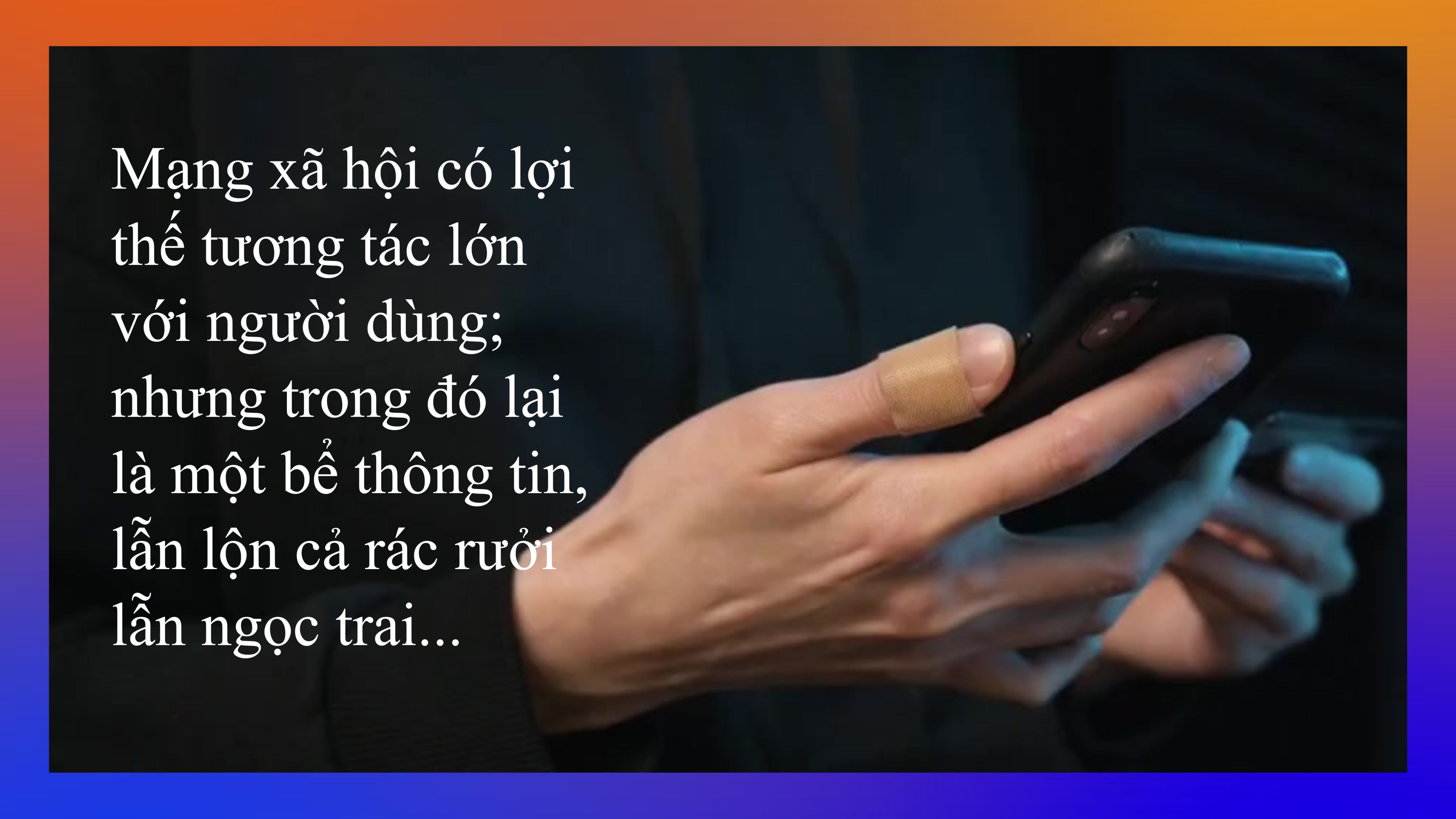
To do this, we must change our direction and approach to readers; first of all, from a journalistic perspective. The press then needs to shift from providing news to providing perspectives and stories around News (information). We must aim for in-depth content, with identity, perspective and viewpoint; but most importantly, it must still be accurate and authentic. Journalists also need to be trained to have skills, perspectives and be imbued with their mission and social responsibility. In this way, the world has gone far ahead of us.
PV: In Vietnam, for many years, some press agencies have tried to charge readers based on the content of their articles. In your opinion, why have we not been successful, unable to become... the New York Times, for example?
Journalist Nguyen Tien Thanh: In my opinion, we have not yet succeeded in charging readers if the press sells reports with the same content, the same format, the same approach and the same style without bringing anything new to compel readers to pay. People buy an article that tells about human fate and destiny, not an article that simply describes characters.
The most successful newspaper in the world in this field is probably the New York Times. More than a decade ago, they decided to sell information, based on changing thinking. There were reports they did for two years in Spain. Instead of describing events, they spent time and effort to redraw the human condition and they succeeded. Why can't we do the same?

The New York Times is a monument to the transition from print to digital. They decided 10-15 years ago to sell information, not “free” information to get traffic. They succeeded by thinking like a magazine. The New York Times is the only newspaper that sells more content than advertising, with 7 million subscribers. These are the things we should learn from them.
People buy an article that tells about human fate and destiny, not an article that simply describes characters.
Journalist Nguyen Tien Thanh
Journalist Nguyen Tien Thanh.
Content seller or "tabloid kingpin"?
PV: Talking about selling content, in the past, have you been very successful?
Journalist Nguyen Tien Thanh: I have worked in many newspapers, but the one that was most closely associated with the word “market” was probably when I became Deputy Editor-in-Chief of Gia Dinh – Xa Hoi, a ministerial-level newspaper but completely new, very difficult to work on because it was related to population. At that time, in order for the newspaper to be published, we accepted to… walk a tightrope with a slightly shocking, strange, unique, and unusual approach, but still stuck to the population theme. The 10-part series “Xom 10 Vo - the Population Bomb on Highway 1A” is an example. We also opened columns to find our other half; even for the first time, there was a column on sexual health written by specialized and reputable doctors.
With this approach, the Family - Society newspaper grew very quickly and almost became the "champion in the North" after only 1 and a half years of appearing.
After that, I moved to Life and Law as Deputy Editor-in-Chief, but for 8 years… I did nothing. During this period, I “worked outside” for many other newspapers, including those on culture, arts, markets, consumption… to earn a living and make a living from my job.
In 2010, I officially became Editor-in-Chief of Life and Law and completely reorganized the newspaper. At that time, the newspaper only published 3,000 copies/week.
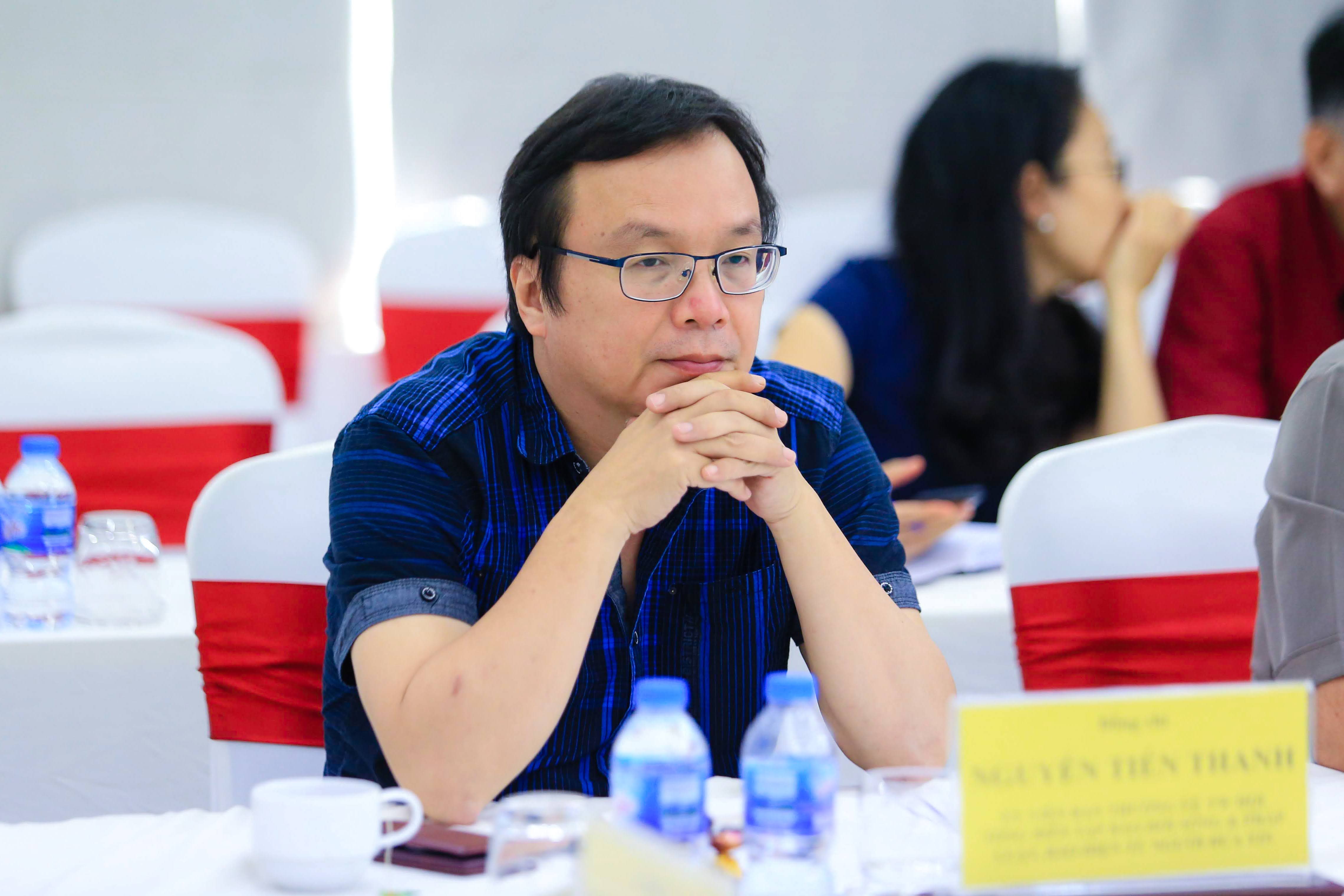
Journalist Nguyen Tien Thanh when he was Editor-in-Chief of Life and Law. (Photo: Huu Thang)
What was our approach then?
I determined that we would not be able to produce news like Thanh Nien, Tuoi Tre or some other big newspapers. They were too far ahead of us; it was like on a highway, your newspaper was riding a Lexus in front, while you were riding a bicycle behind. If we followed their path, we would never catch up with them. Therefore, I set the criteria that we did not need to do better, did not need to do faster than the big newspapers; but we would have to do things differently.
At that time, Life and Law was a publication that did not have current events; except for a news page dedicated to the activities of the Lawyers Association. However, the articles on it… followed current events. For example, I set a goal for reporters: If Tuoi Tre and Thanh Nien reported any hot news, the newspaper would have to have an article so that readers, after reading the news on those newspapers, would have to go back to Life and Law to see more behind-the-scenes stories. That is, we would go into stories surrounding current events, bordering on current events. I put the unique-strange-strange element first. The presentation also had to be different. Those were articles with very long, very large headlines, even larger than cufflinks.
I set a goal for reporters: If Tuoi Tre and Thanh Nien newspapers report hot news, they will have to have an article so that after reading the news on those newspapers, readers will have to go back to Doi Song and Phap Luat to see more behind-the-scenes stories.
Journalist Nguyen Tien Thanh
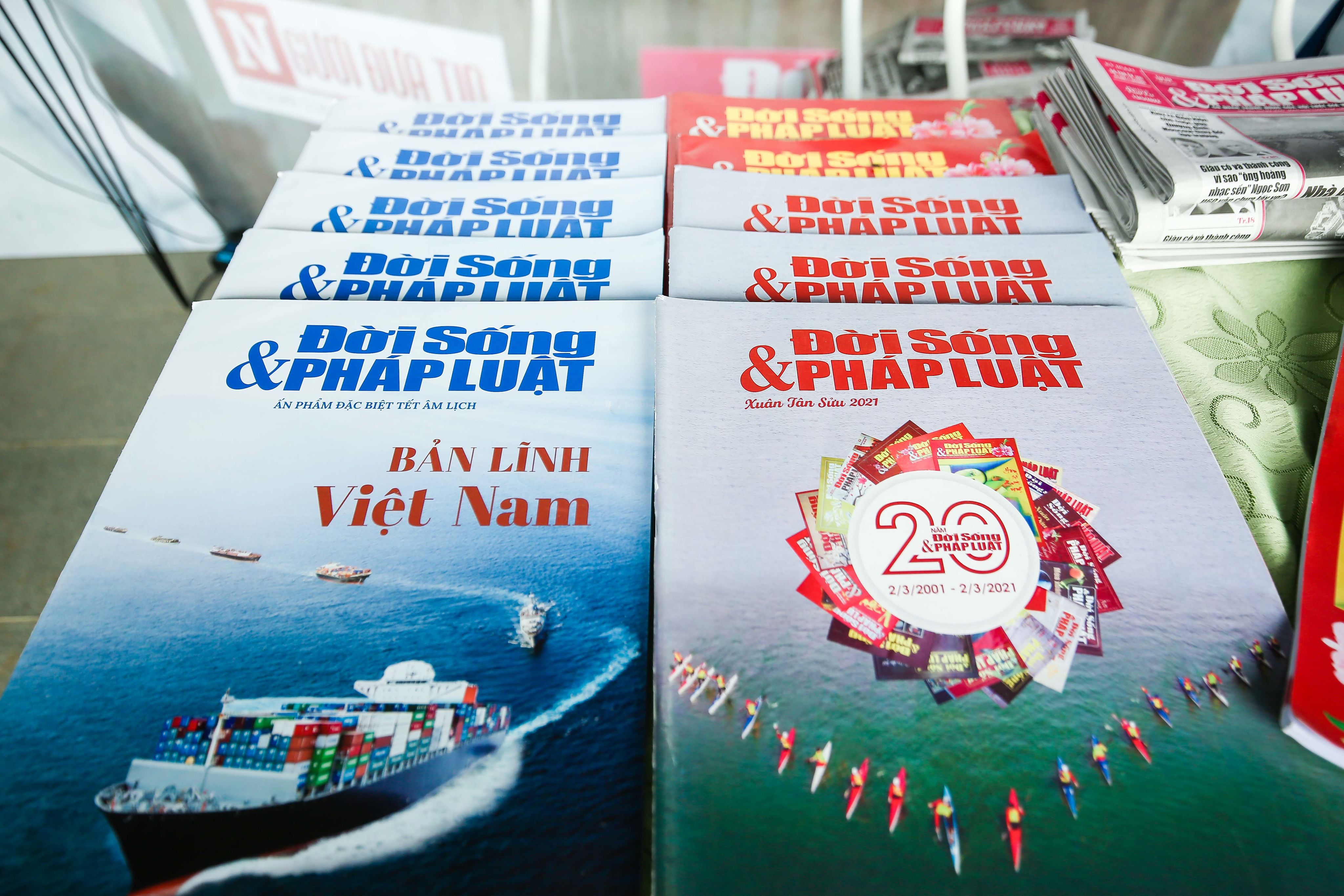
Photo: Huu Thang
PV: I still remember that at that time, Life and Law and many other derivative publications made an unprecedented southern expansion of the northern press?
Journalist Nguyen Tien Thanh: During that period, I published a series of subsidiary publications and went south, such as Law and Life , Marriage and Law, and Messenger ... At its peak, we published 18 issues per week. But those 18 issues barely reported current events. Some publications even had no news at all, which went against all theories in Vietnam at that time. Because we relied on current events to tell stories around them. The main publication circulated 300,000 copies. The subsidiary publications circulated about 200,000 copies.
PV: During this period, there was a polemic, putting him at the center of criticism for this unique and strange way of reporting, even calling him the boss of tabloids?
Journalist Nguyen Tien Thanh: I always affirm that no topic is tabloid, but every topic can be tabloid or not, depending on how it is exploited. An interesting story is different from a sensational story.
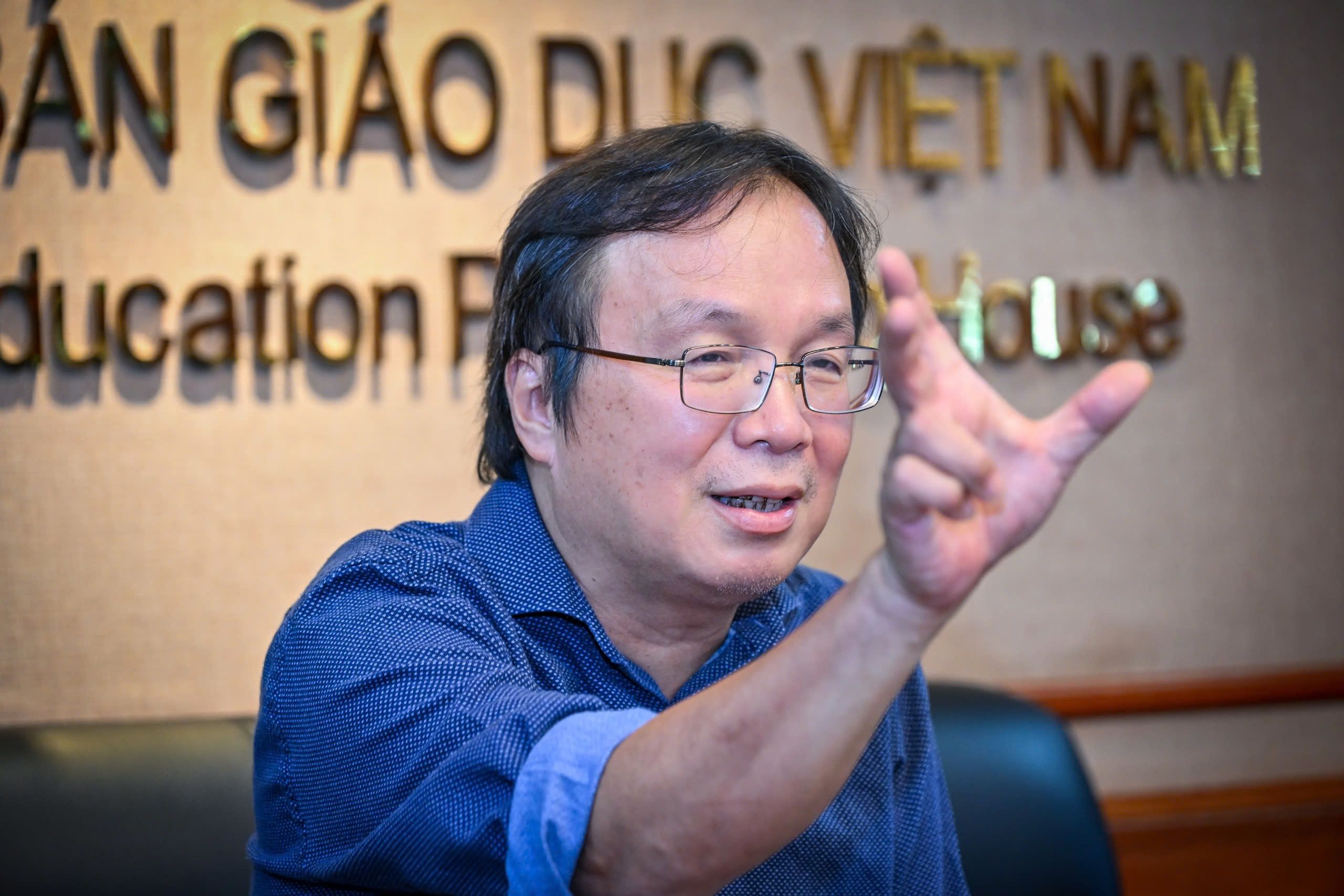
Life and Law is aimed at ordinary readers, writing stories about the law related to cases, but must be approached in the most ordinary way so that they can easily understand. We do not reflect the case directly, but always write about the fate of people, the identities behind the case, or give lessons about litigation and legal situations.
My point of view is that readers are also smart customers, "gods". If the newspaper is too toxic and sensational, they will leave. A newspaper without readers is not a newspaper. I have always believed that making newspapers that readers pay for is the most honest and successful way to make newspapers. The "tabloid" criticism at that time was probably partly due to competition for market share, partly due to the way the media was viewed.
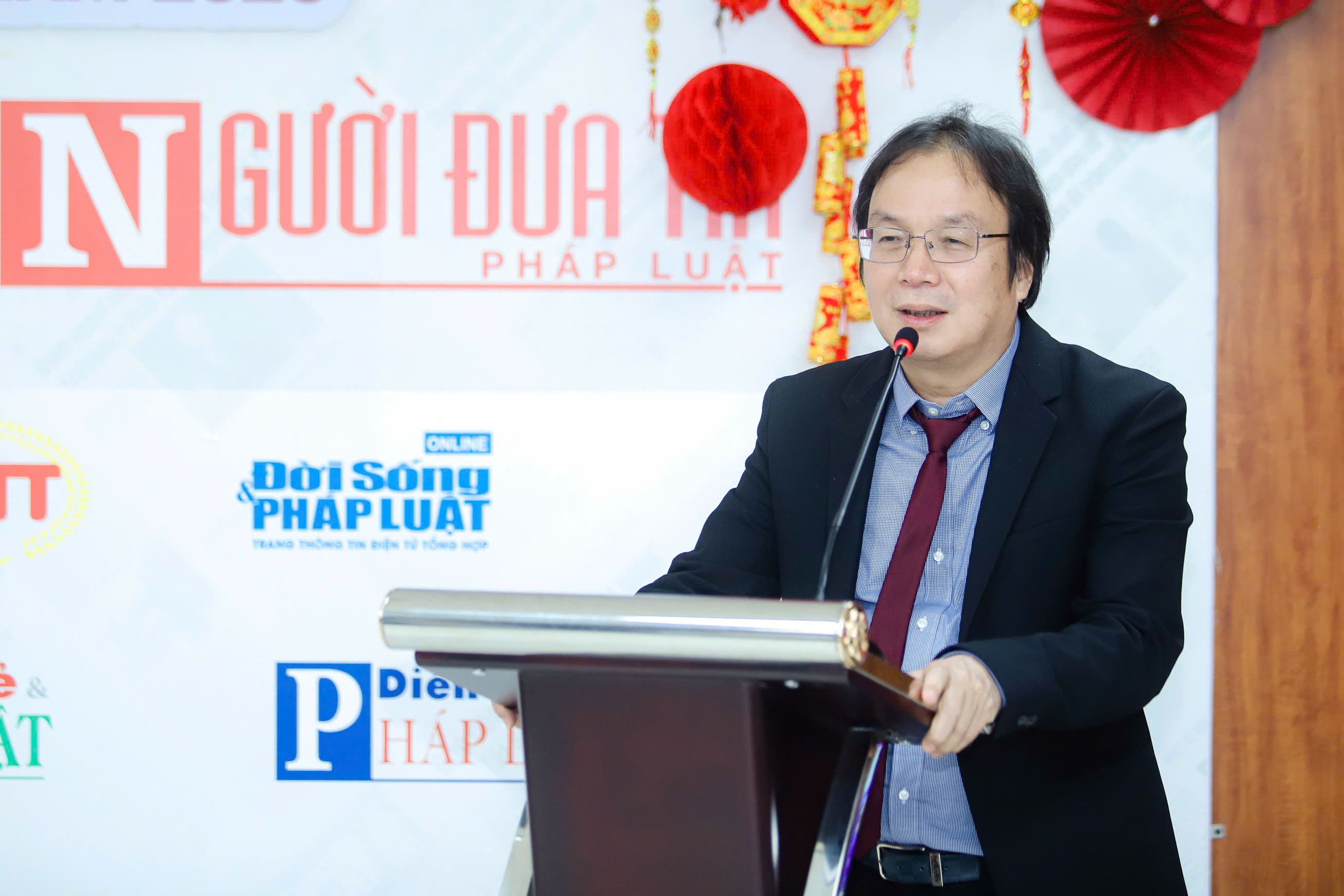
Journalist Nguyen Tien Thanh when he was still the leader of the newspaper Life and Law.
I always believe that making newspapers that readers pay for is the most honest and successful way to make newspapers .
Journalist Nguyen Tien Thanh
Innovate or... die?
PV: Then the fever of moving south passed, sir?
Journalist Nguyen Tien Thanh: We had 3 “brilliant” years before online newspapers dominated. After this period, we faced a new pressure to change if we did not want to… die. Around 2016, I started the second retraining session; followed by the 2019 training session when Life and Law changed its model to Time of the magazine.
Before that, in 2010, when I was reforming the Life and Law newspaper, I also trained and coached reporters to write stories about everyday life, delving into every corner of life. They were very good at the skill set of exploiting and telling stories. But in the later stages, the job requirements were completely different.
The story here is that when you come into contact with reality and do it for real, you will know what you need. But, it is true that every time you “turn the script”, retrain and change direction, it is very hard. When I was a journalist, all situations and contexts changed very quickly. Other newspapers may be slower in changing. But for us, this is a mandatory requirement, if we do not want to… die.
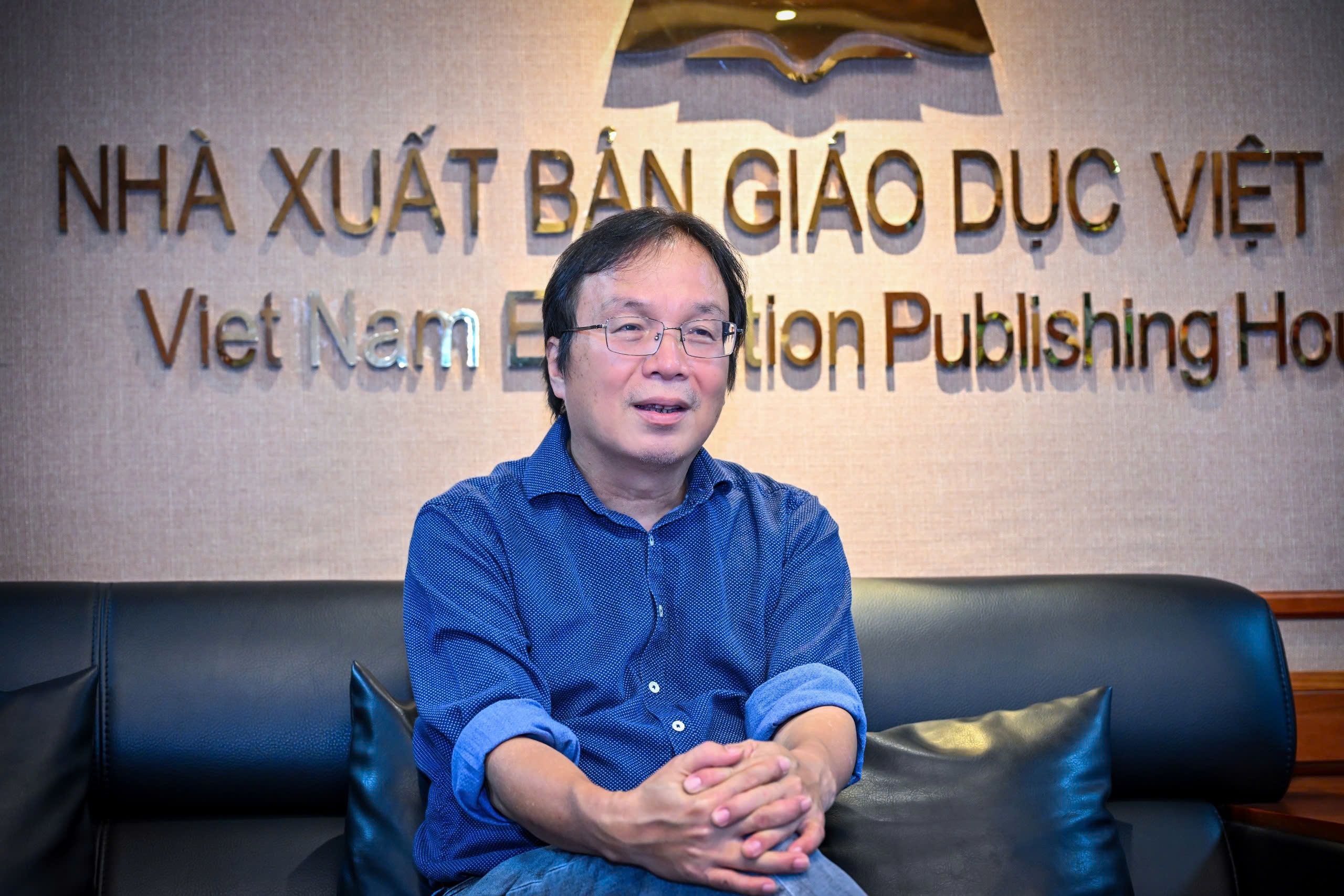
When I was a journalist, all situations and contexts changed very quickly. Other newspapers might be slower in changing. But for us, this was a mandatory requirement, if we didn’t want to… die…
PV: Speaking of innovation, many people are now discussing the relationship between technology, especially artificial intelligence, and the content of works. You once said that if not well controlled, technology will become a “toxic substance” to the press agencies themselves!
Journalist Nguyen Tien Thanh: I still hold the view that technology in particular and AI in general, if not used properly, can become “more harmful”. We need to consider technology as a means and tool, not an end in itself; we must master it; use it to optimize our goals; to make the content better, deeper, more appropriate, and to optimize the content production management system.
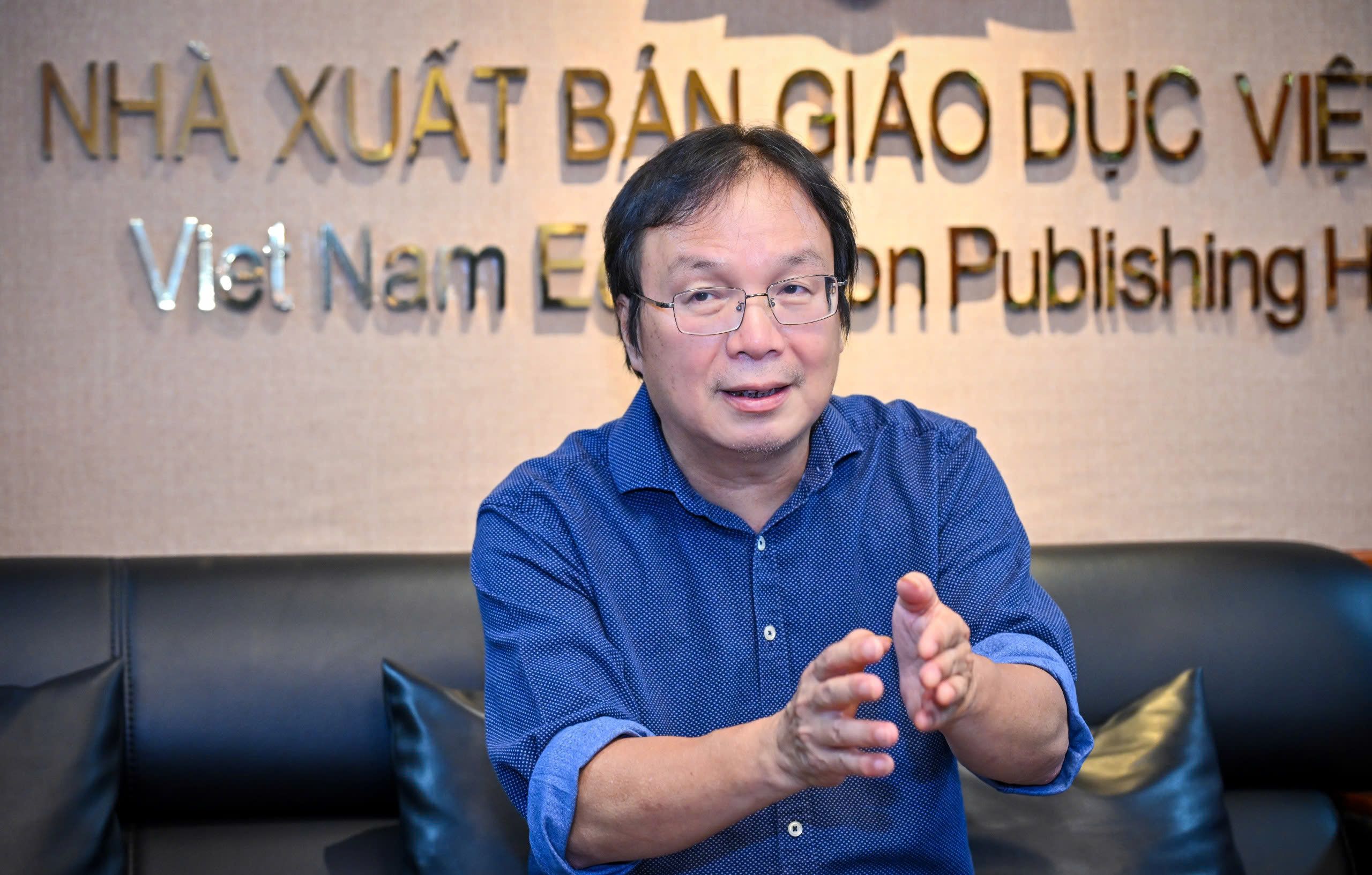
According to journalist Nguyen Tien Thanh, the press cannot deny technology, but needs to apply technology in a reasonable and scientific way...
But the core of journalism is still content. A classic example is Vnexpress. They initially had strong technology roots, but their ultimate soul is still a team of good content creators.
Not to mention, the absolute use of technology can lead to tragic consequences, such as the abuse of SEO as keywords in the past, or using AI to create inaccurate articles that can be read by professionals as recently.
But it must also be affirmed that we cannot deny technology. If we do not go hand in hand, approach and use technology, the press will fall behind.
PV: Constantly mentioning the need to consider journalism as a product for sale, what is your view on journalism economics ?
Journalist Nguyen Tien Thanh: As I said, the Time of Magazines is actually a direction that is not only true for 2019. The press needs to sell perspectives and stories instead of simply information as we understand it.
But, to return to the old glory days is extremely difficult. To put it simply, take newspapers as an example. In the past, as long as you made a good, interesting, quality product, of course it would sell and generate revenue. But now, although the demand for newspapers is still there, the distribution system has collapsed and gradually disappeared. A product without a sales system will not be able to return to its golden age.
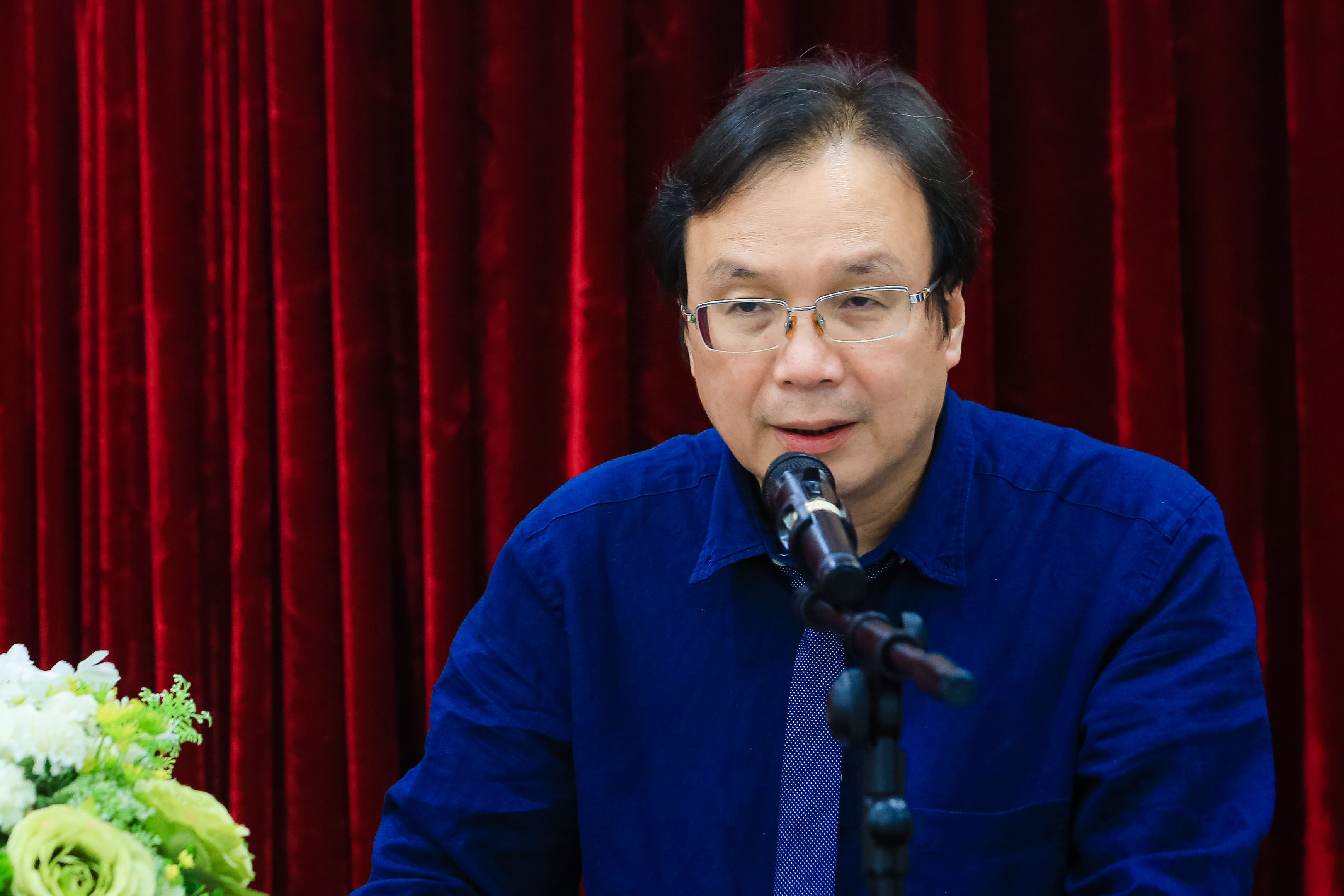
In a broader view, in my opinion, newspapers are no longer present in the market as a special product that can be bought and sold. The current newspaper economy is… collecting fees for value-added services based on user traffic. That means attracting other value-added services such as Google Adsense, advertising… I believe that, even in the next 5 years, if we do not make efforts to change the way we do things and improve copyright issues, online newspapers will not be able to sell content.
PV: So, in your opinion, what should the press do to get out of this bottleneck?
Journalist Nguyen Tien Thanh: This is a difficult problem. But first, we need to define a feasible business model and management model that is suitable for practice to serve users and attract revenue; thereby creating internal strength for the press agency itself. Then, we need to be steadfast in the principle of taking content as the root of journalism in general and publications in particular.
Here, it must be emphasized once again that the content of modern journalism is not only to reflect reality but also to create, recreate and interpret reality from one's own perspective. It is not enough to just see a green tree, but to see its changes, its laws of development, and recreate that reality from one's own perspective and research, then the information will have value. Creativity here does not mean fabrication, but rather recreating reality from the right perspective, still accurately describing the nature of the matter.
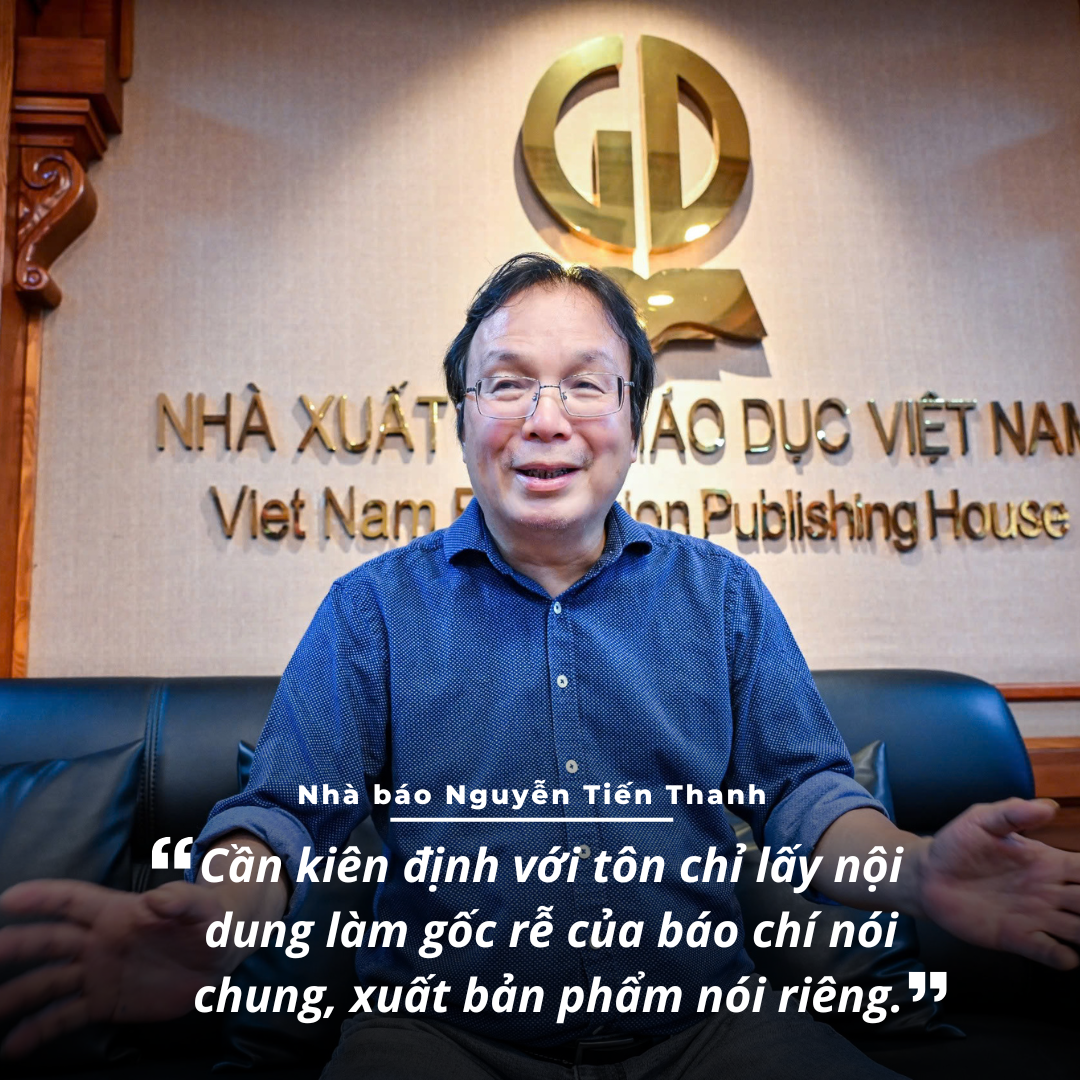
Finally, we need to define a feasible management and business model that is suitable for Vietnam's reality to serve users and attract revenue. In China, Literature Publishing House even boldly produces online literature and then adapts it into movies, creating its own and extremely large fan community.
Or recently, Nhan Dan Newspaper has been very successful in launching special publications such as the Panorama Supplement commemorating the 70th anniversary of Dien Bien Phu Victory or the April 30 Victory Supplement. But if other press agencies do the same, it will not work. The problem is how each agency chooses its path. With each issue and each page, we must choose what we do appropriately.
Recently, when discussing the Draft Law on the Revised Press, many people mentioned the concept of a multimedia communication complex model. But I think that a press agency will naturally develop into a communication complex when it reaches a certain level of development in both quantity and quality; enough to meet practical needs. Mechanically assembling press agencies into a model that is not based on practice will be difficult to succeed, and may even cause more chaos.
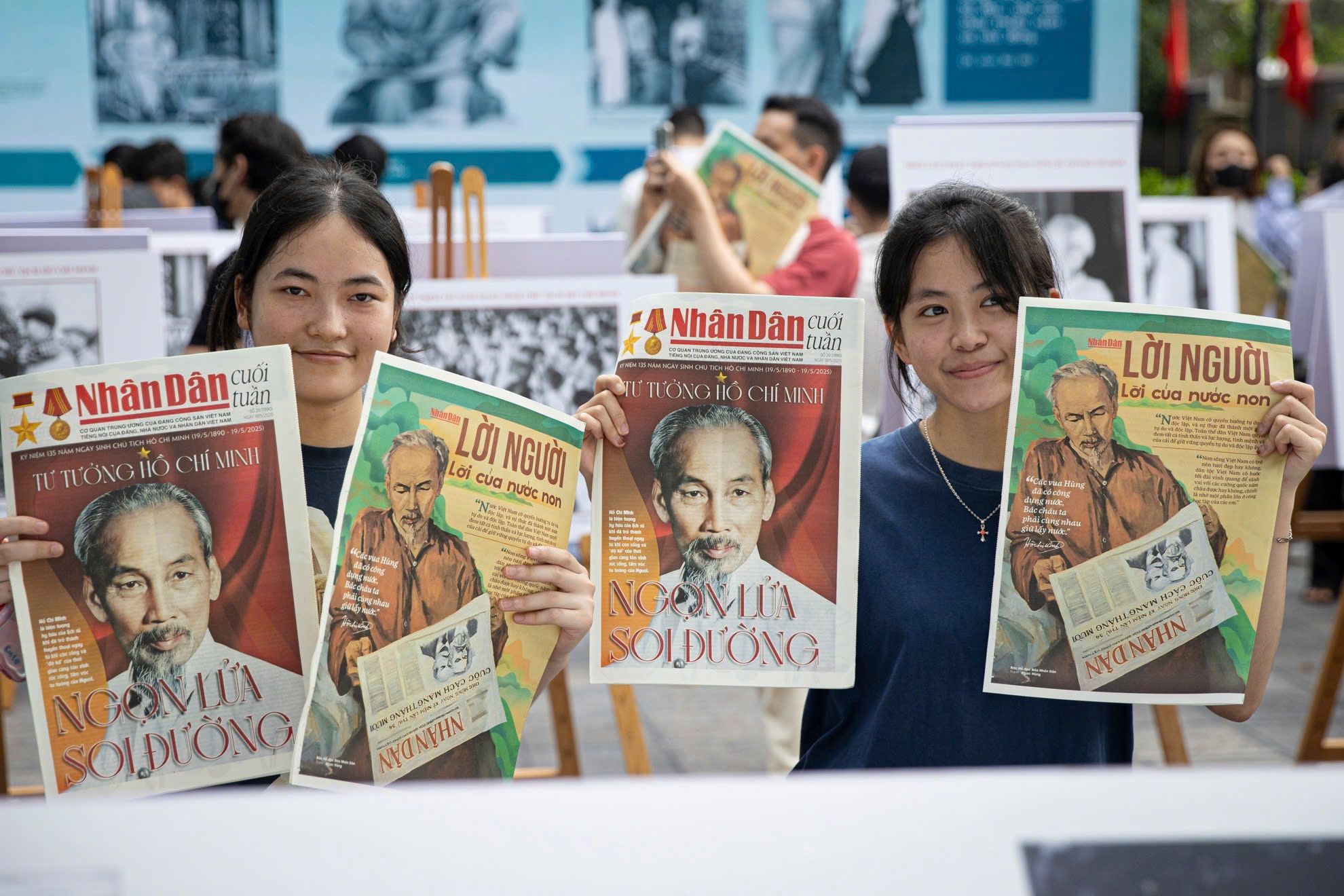
Returning to the position of Editor-in-Chief, I have not yet thought of a way forward…
PV: That means, in your opinion, each newspaper needs to have its own path?
Journalist Nguyen Tien Thanh: There are some people who are very good at journalism, but when they are in a management position, they misjudge the internal and current conditions of the newspaper. They can suggest a path that is correct for journalism in general, but may not be suitable for a specific newspaper. In fact, there have been many similar lessons. Therefore, each newspaper needs to have its own path, its own audience, and a clear direction from the beginning.
PV: That said, if you were to return to being the Editor-in-Chief of a newspaper, would you be confident that you would still be able to sell products, instead of waiting to enjoy the added value of services?
Journalist Nguyen Tien Thanh: I believe there will still be a way to do it. But… how to do it, I have not thought of yet. In the current context, the path for journalism will become more and more difficult, more sparse. But we also need to explore it, with new generations of talent, knowledge and vision.
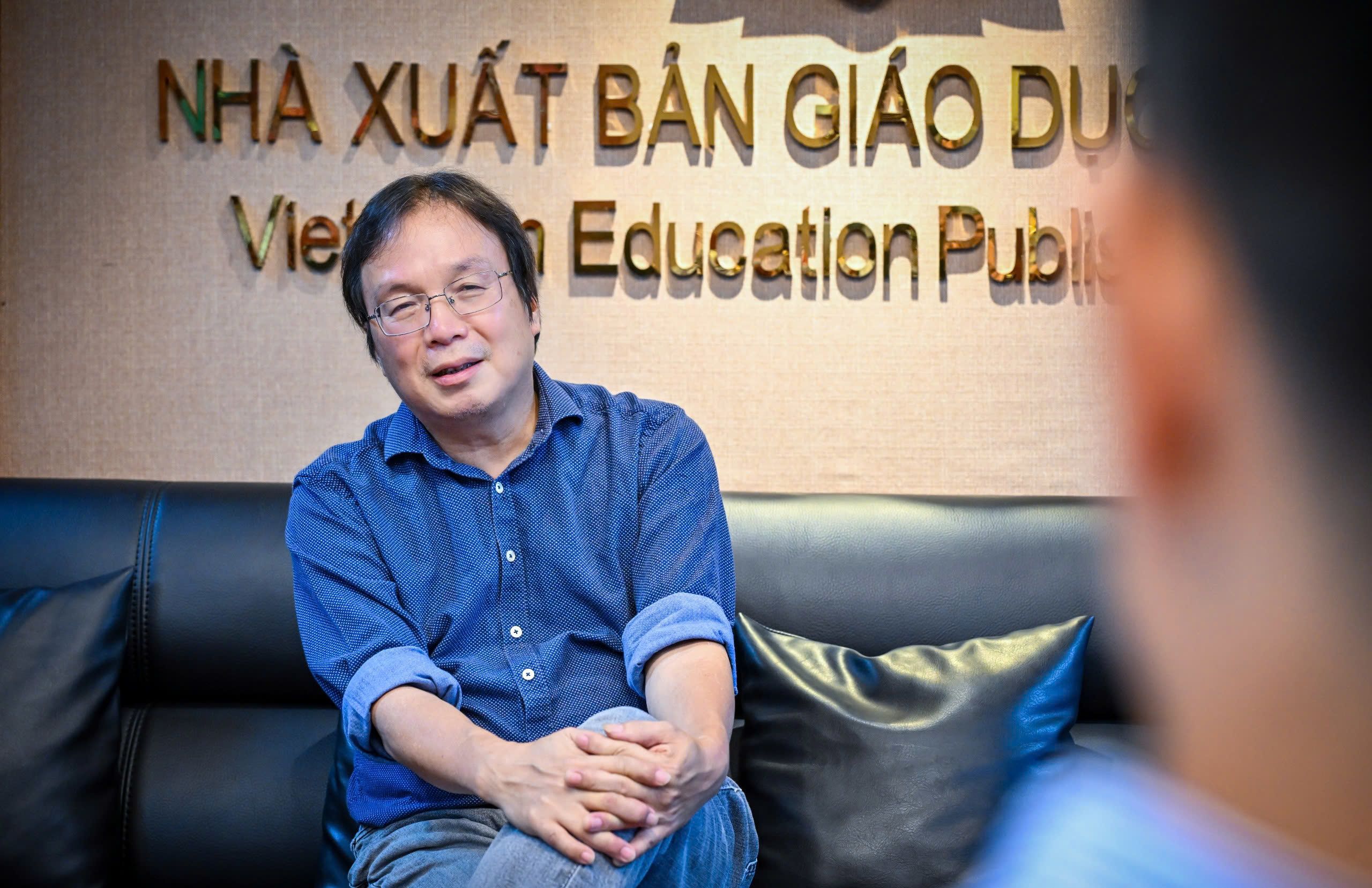
Publication date: 6/2025
Director: NGOC THANH
Production organization: HOANG NHAT
Content: SON BACH
Photo: THANH DAT, HUU THANG
Presented by: BINH NAM
Source: https://nhandan.vn/special/doi-thoai-voi-nha-bao-NguyenTienThanh/index.html













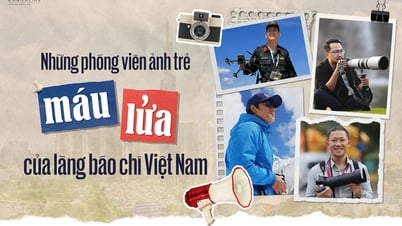
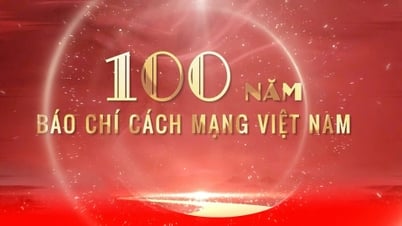

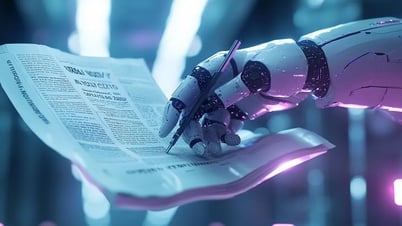



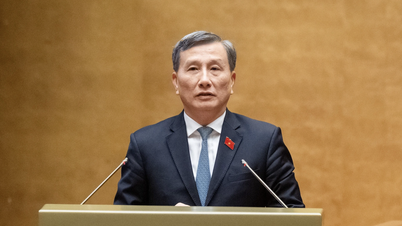

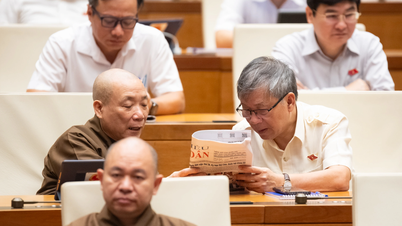

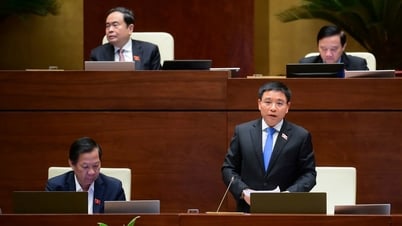


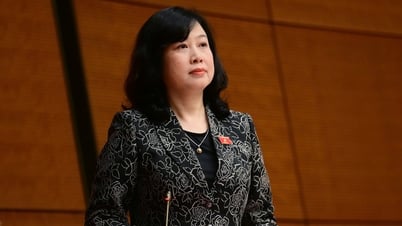




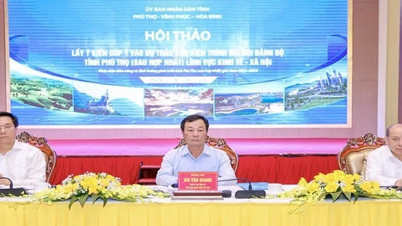
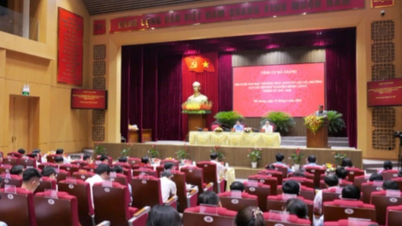
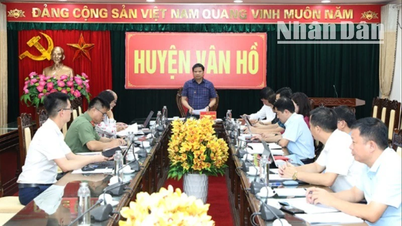
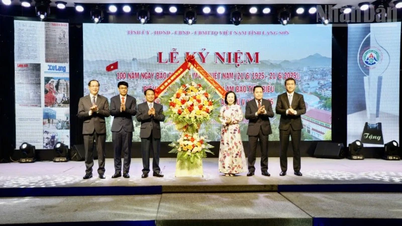
![[Video] Exhibition celebrating 100 years of Vietnamese Revolutionary Journalism](https://vphoto.vietnam.vn/thumb/402x226/vietnam/resource/IMAGE/2025/6/18/1ba7ffdc6eef4b1682a3768741aca732)
![[Video] Launch of the book "Uncle Ho's articles on culture and journalism in Nhan Dan Newspaper"](https://vphoto.vietnam.vn/thumb/402x226/vietnam/resource/IMAGE/2025/6/19/7609d5bdfe1c4fc2be66f38e46365ae6)















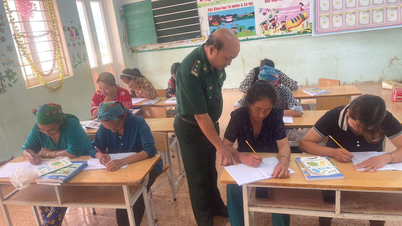





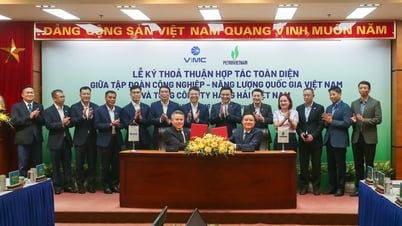
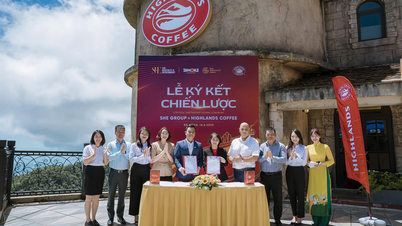


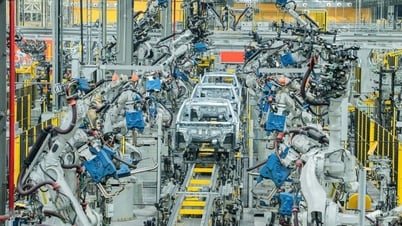
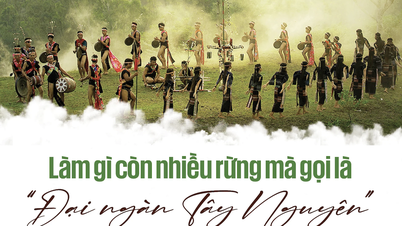

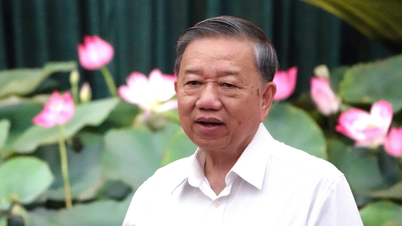











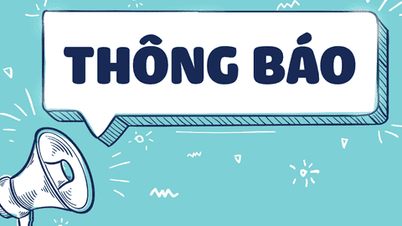

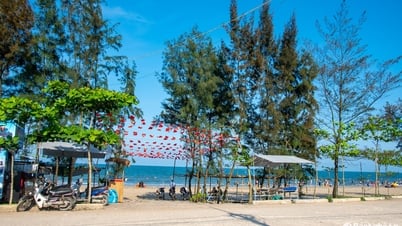

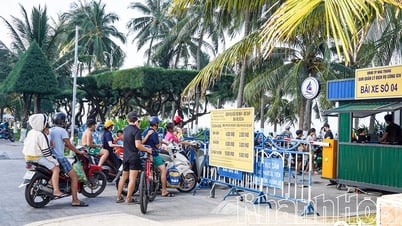



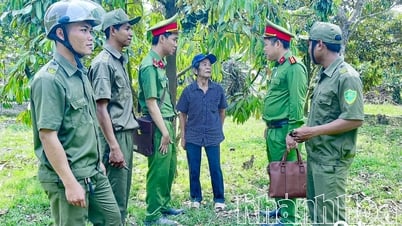















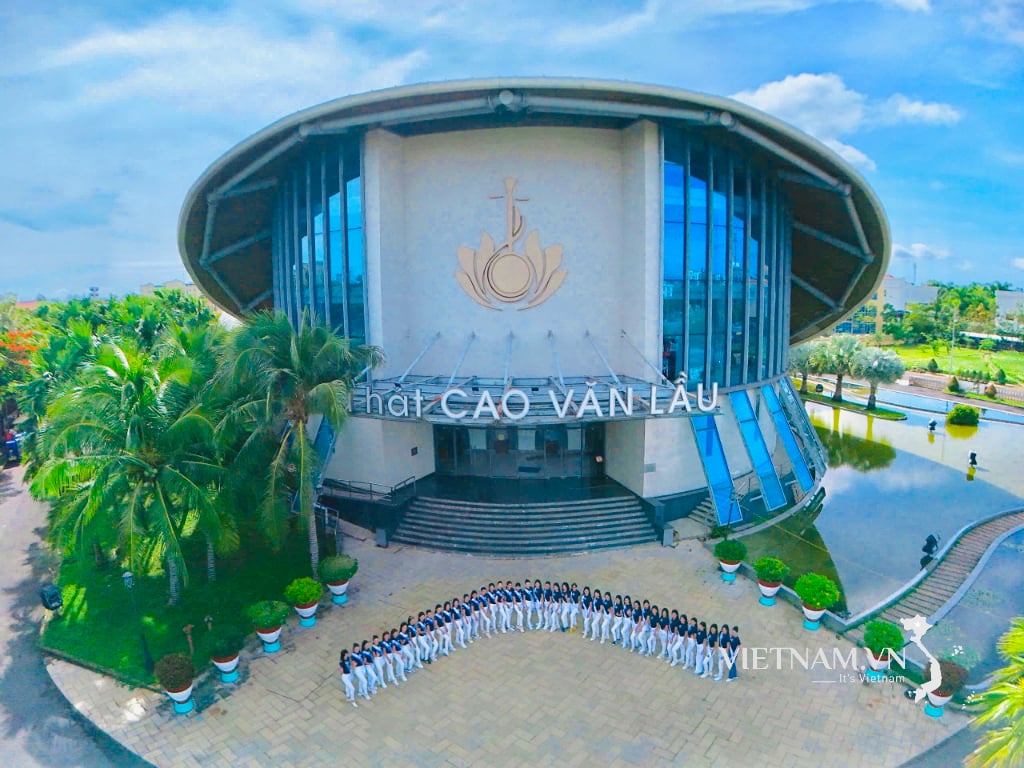
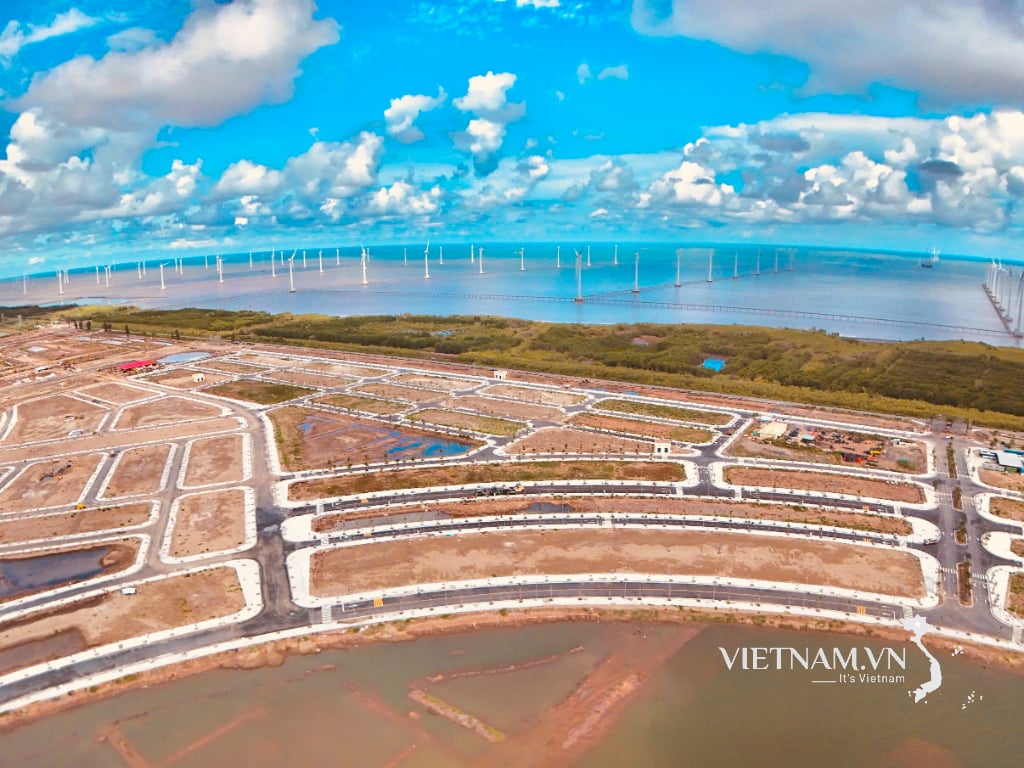

Comment (0)